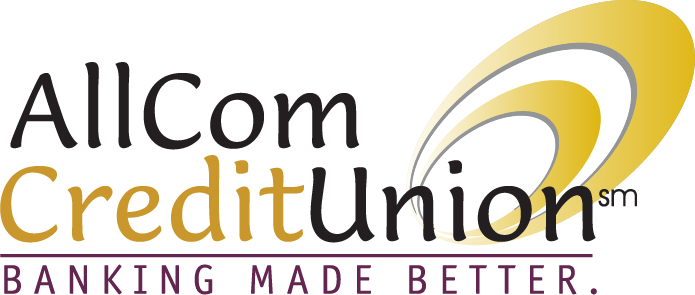
Debt consolidation combines multiple debts into a single payment. It can be a good idea if you qualify for a low enough interest rate.
Debt consolidation rolls multiple debts, typically high-interest debt such as credit card bills, into a single payment. Debt consolidation might be a good idea if you can get a lower interest rate. This will help reduce your total debt and reorganize it so you can pay it off faster.
If you’re dealing with a manageable amount of debt and just want to reorganize multiple bills with different interest rates, payments and due dates, debt consolidation is an approach you can tackle on your own.
How to consolidate your debt
There are two main ways to consolidate debt. Each combine your debt payments into one monthly bill.
- Get a low interest, balance-transfer credit card. Transfer all your debts onto this card. You will save money by having a lower interest rate. You will likely need good or excellent credit to qualify.
- Get a fixed-rate debt consolidation loan. Use the money from the loan to pay off your debt, then pay back the loan in installments over a set term. You can qualify for a loan if you have bad or fair credit (689 or below), but borrowers with higher scores will likely qualify for the lowest rates.
Two other ways to consolidate debt are taking out a home equity loan or 401(k) loan. However, these two options may include some risk to your home or your retirement. The best option for you depends on your credit score and profile, as well as your debt-to-income ratio.
When debt consolidation is a smart move
Having success with debt consolidation typically requires the following:
- Your total debt (excluding mortgage) doesn’t exceed 40% of your gross income.
- Your credit is good enough to qualify for a low-interest credit card or debt consolidation loan.
- Your cash flow consistently covers payments toward your debt.
- You have a plan to stay out of debt.
For many consumers, debt consolidation reveals a light at the end of the tunnel. If you are approved for a loan with a three-year term, you know it will be paid off in three years — assuming you make your payments on time and manage your spending. On the other hand, making only the minimum payment on credit cards would mean months or years before they’re paid off, as they accrue more interest than the initial principal.
When debt consolidation isn’t worth it
Consolidation isn’t a magic solution for debt problems. It won’t stop excessive spending that creates debt. If you’re overwhelmed by debt and have no hope of paying it off even with reduced payments, debt consolidation may not be the right solution for you.
If your debt amount is small and you can pay it off within six months to a year. You would likely save only an insignificant amount by consolidating. Try a DIY debt payoff method instead, such as the snowball method or debt avalanche.
AllCom Credit Union offers debt consolidation products to fit each member’s unique situation. Our low interest credit cards offer balance transfers with no transfer fees, saving you even more money. Prefer a fixed repayment plan? We also offer debt consolidation loans between $500 and $15,000 and with terms from 12 to 60 months. Apply today and receive your approval in as little as one hour. Have questions? Call 508.754.9980 to talk with a member service representative.

